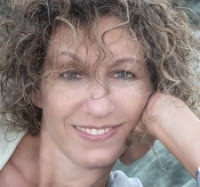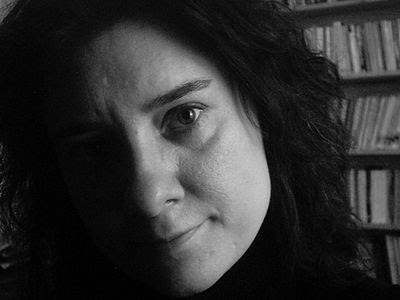 |
| Ancient Roots: Theatre at Ephesus, Turkey |
As World Theatre Day 2017 approaches on March 27, thoughts of theatre artists and critics turn increasingly to global concerns over freedom of expression. In Nigeria recently, theatre critics hosted a forum aimed at examining the boundaries that face critics (and artists) when the political grounds on which they stand, to paraphrase the great playwright August Wilson, seem to undergo tectonic shifts daily.
Recent events in Turkey, a country that the West has long celebrated as a significant example of how democracy may work amid the pressures of encroaching theocratic impulses, have raised concerns about the lengths to which those in power will go to maintain a status quo. Turkey is also a physical crossroads of the ancient world where theatre has deep roots and a powerful claim on the imagination and spirit of the populace. Istanbul alone, which literally bridges east and west, may be the truest expression of the cosmopolitan in the dozens of languages and dialects spoken in its streets, and in the scores of cultures across millennia that have been inscribed on its urban landscape. The Theatre Critics Association of Turkey, a constituent group of the International Association of Theatre Critics (AICT-IATC), has issued a clarion statement that is filled with passion and a hopeful outlook for the future of the art form. It is brave, bold, and an inspiration in these times of uncertainty. (The translation below has been edited slightly for clarity.)
Turkish National Declaration for World Theatre Day
We are at the threshold of twilight. The art of theatre, however, is the essential medium to lead us through the threshold and into radiant days.
At present, academics who act for peace in our society, have been exported from their university. As a result of these actions, one of the oldest and most prominent theatre departments in Turkey is about to be closed. One of the private theatre schools, which has graduated many young members of the Turkish theatre scene, has been sabotaged by arson as the theatre supported the secular, parliamentarian republic of the present. Other private theatre groups are deprived of necessary state financial support. Theatre artists who stand in protest and call for support of environmental rights are exported from their municipal or state theatre companies. In these times, it is incredible to celebrate World Theatre Day and to perform the art of theatre, yet there is hope as well.
We, the workers of theatre, never doubt the power of the theatre to change lives and transform people. The theatre is our sine qua non.
Despite all obstacles it must face, theatre will continue to raise society’s awareness, to guide audiences to critical thinking, to defend freedom of thought and basic human rights, to conceive truth and to help the masses conceive it, too.
Our word will never end, our curtains will never be closed by force, our limelight will never be extinguished, and our "fine voice" under this "dome of many colored glass" will never surrender to darkness.In this time of rising insecurity for free expression, when a Pandora's Box of hateful ideology has been unleashed across the globe, one is forced to pause and consider: Will I be so bold when it is my turn to speak truth to power? Our colleagues in Turkey point the way.










